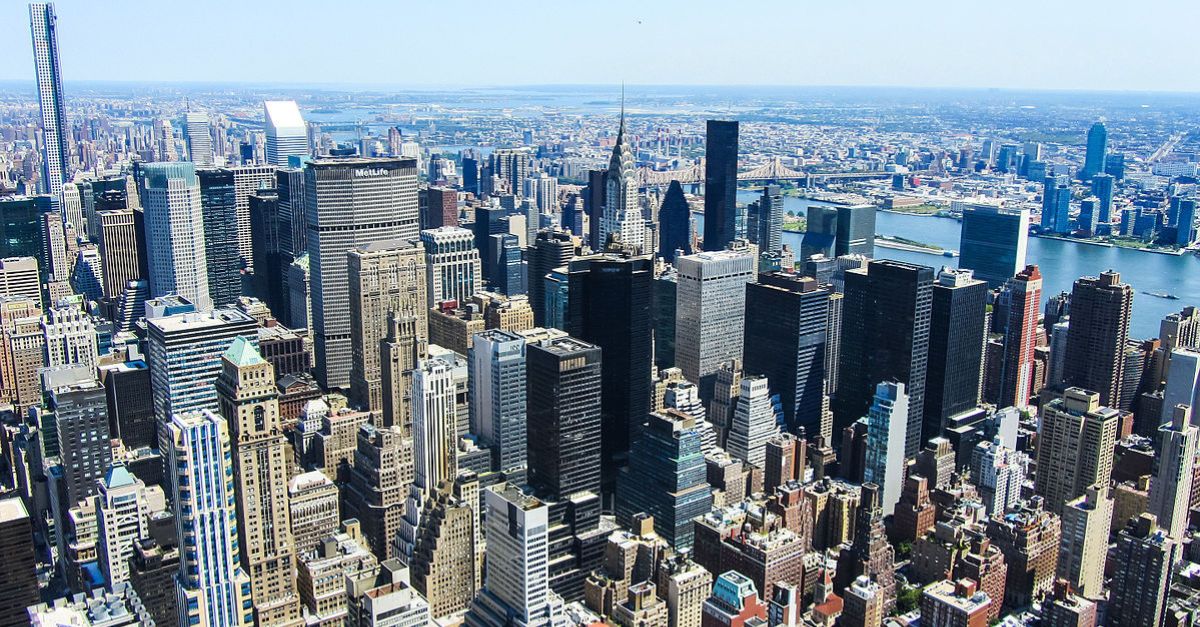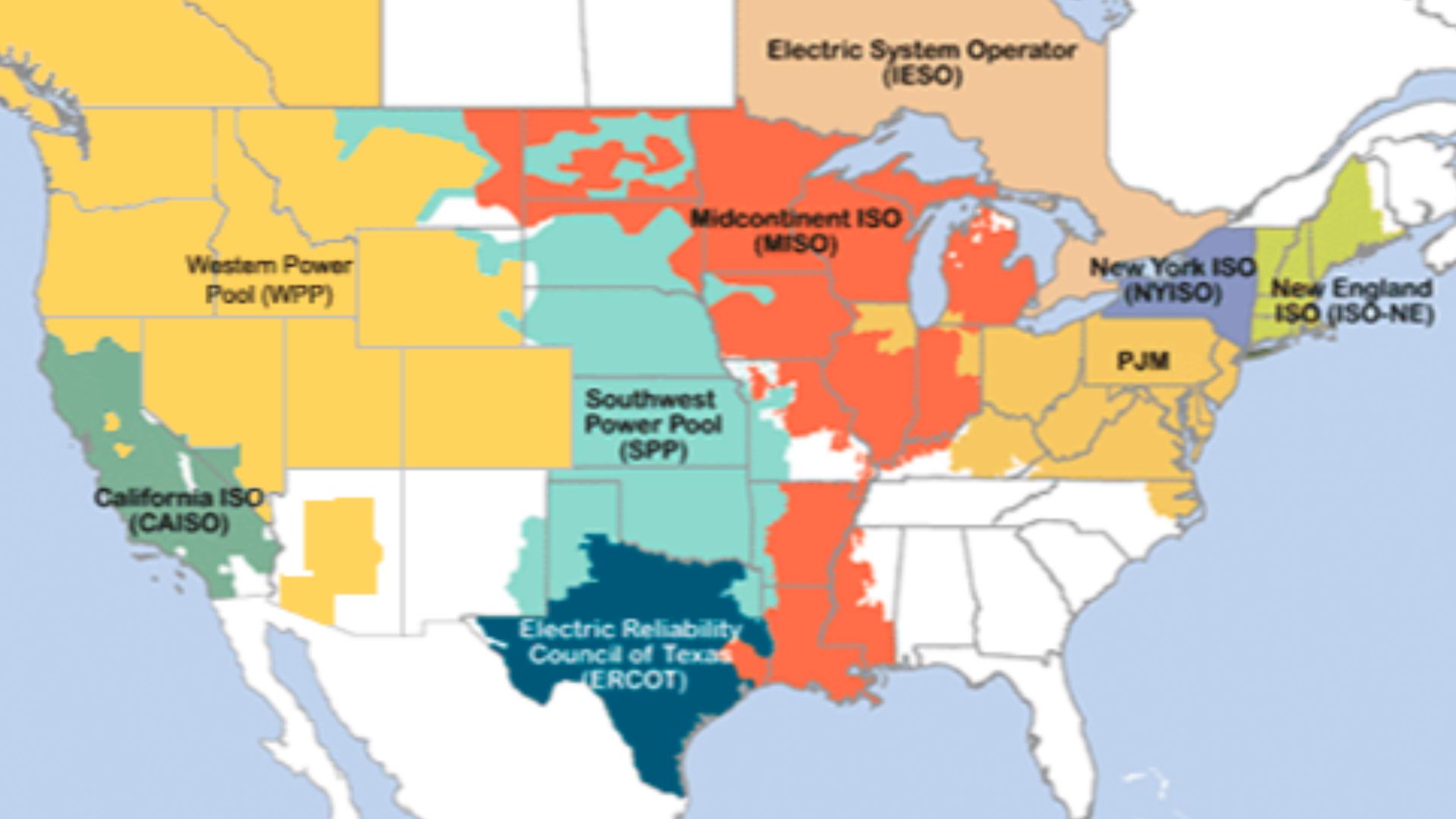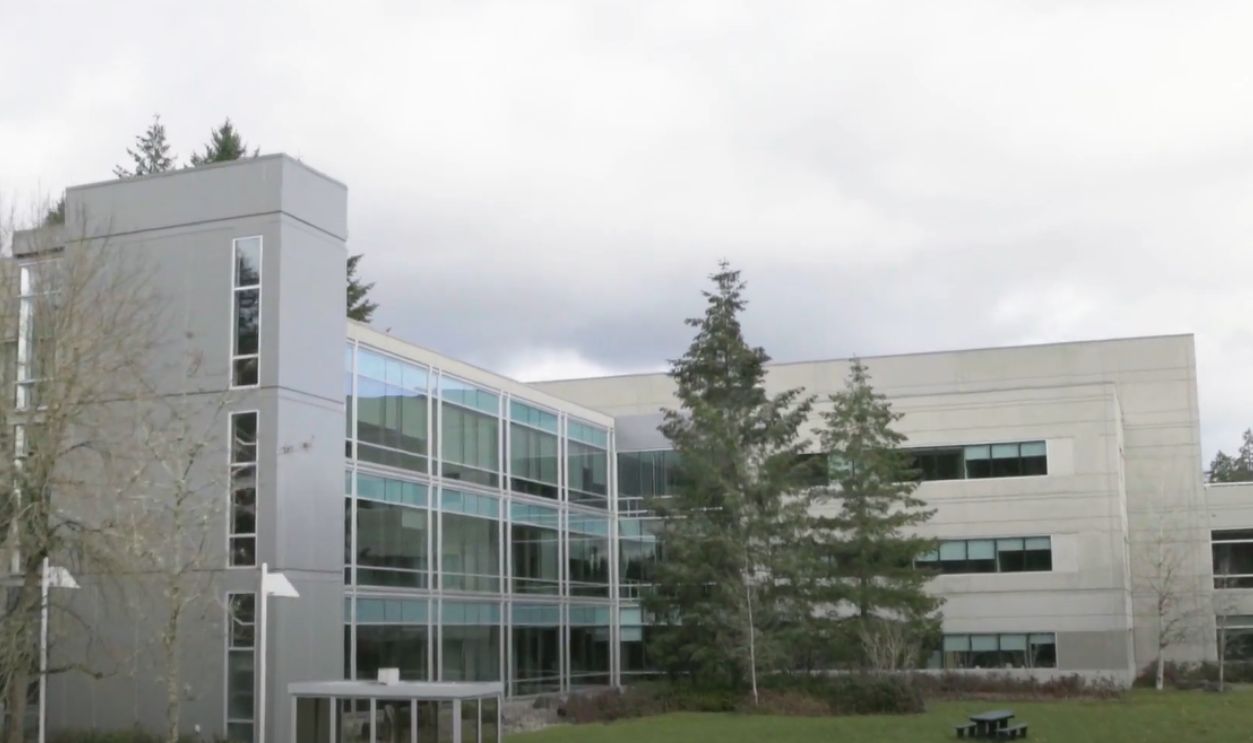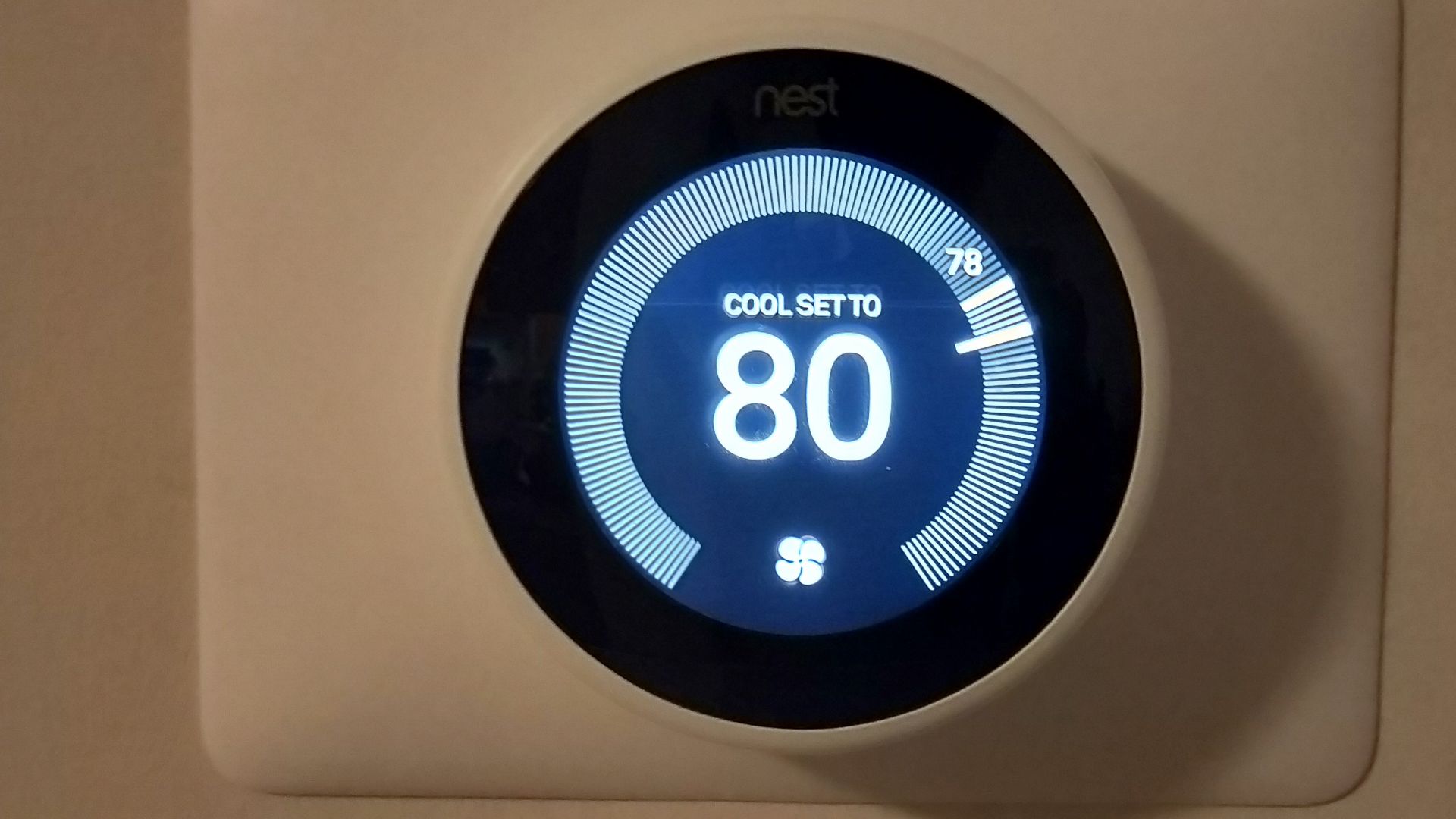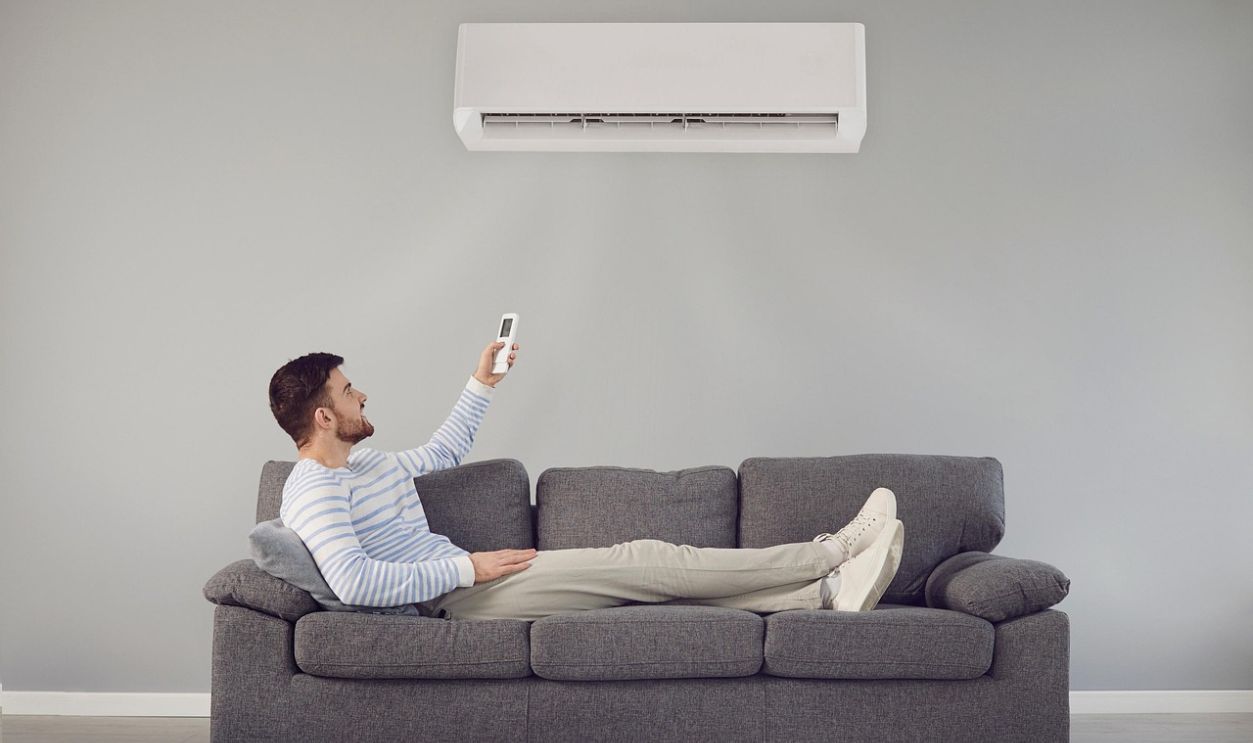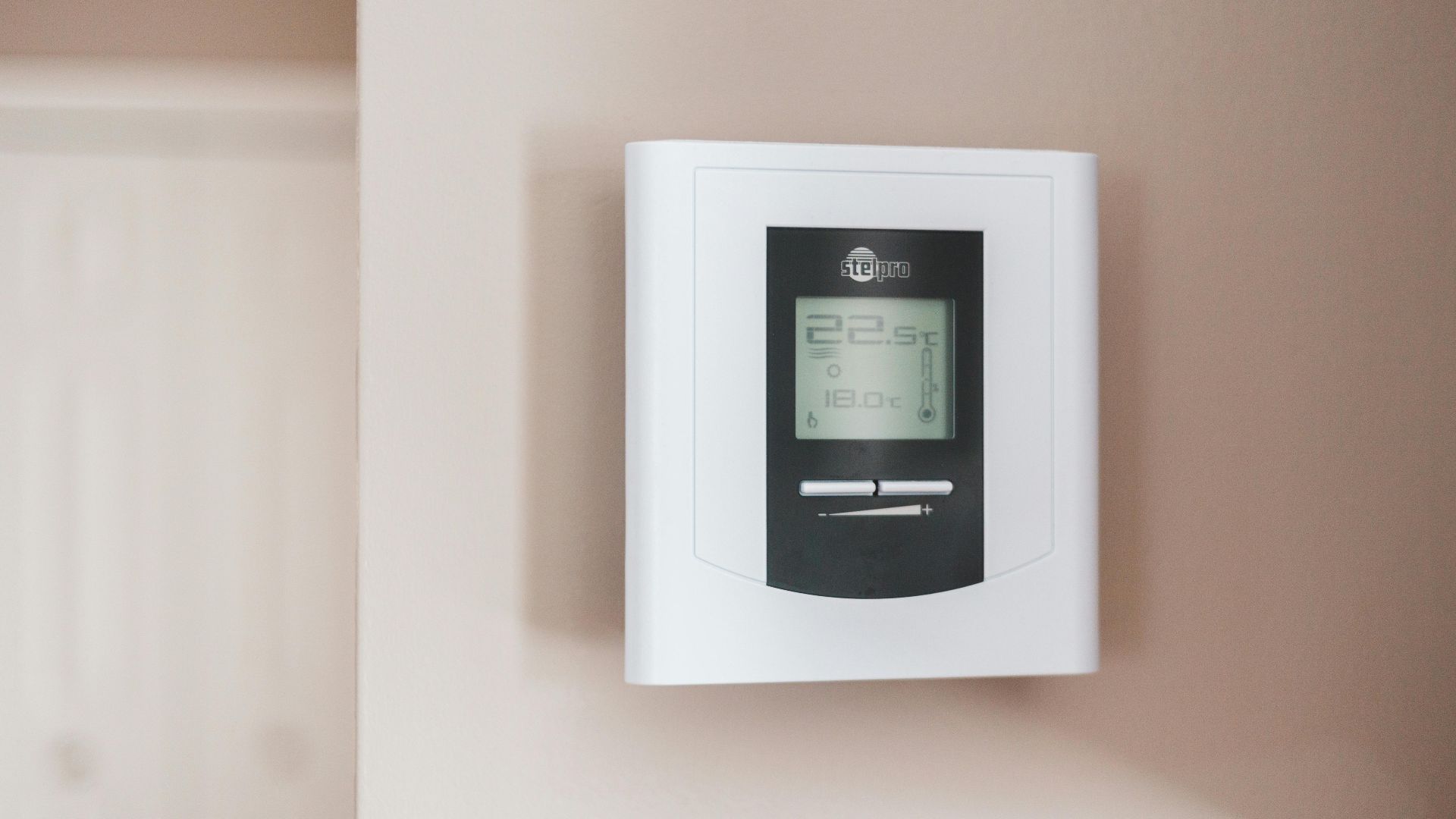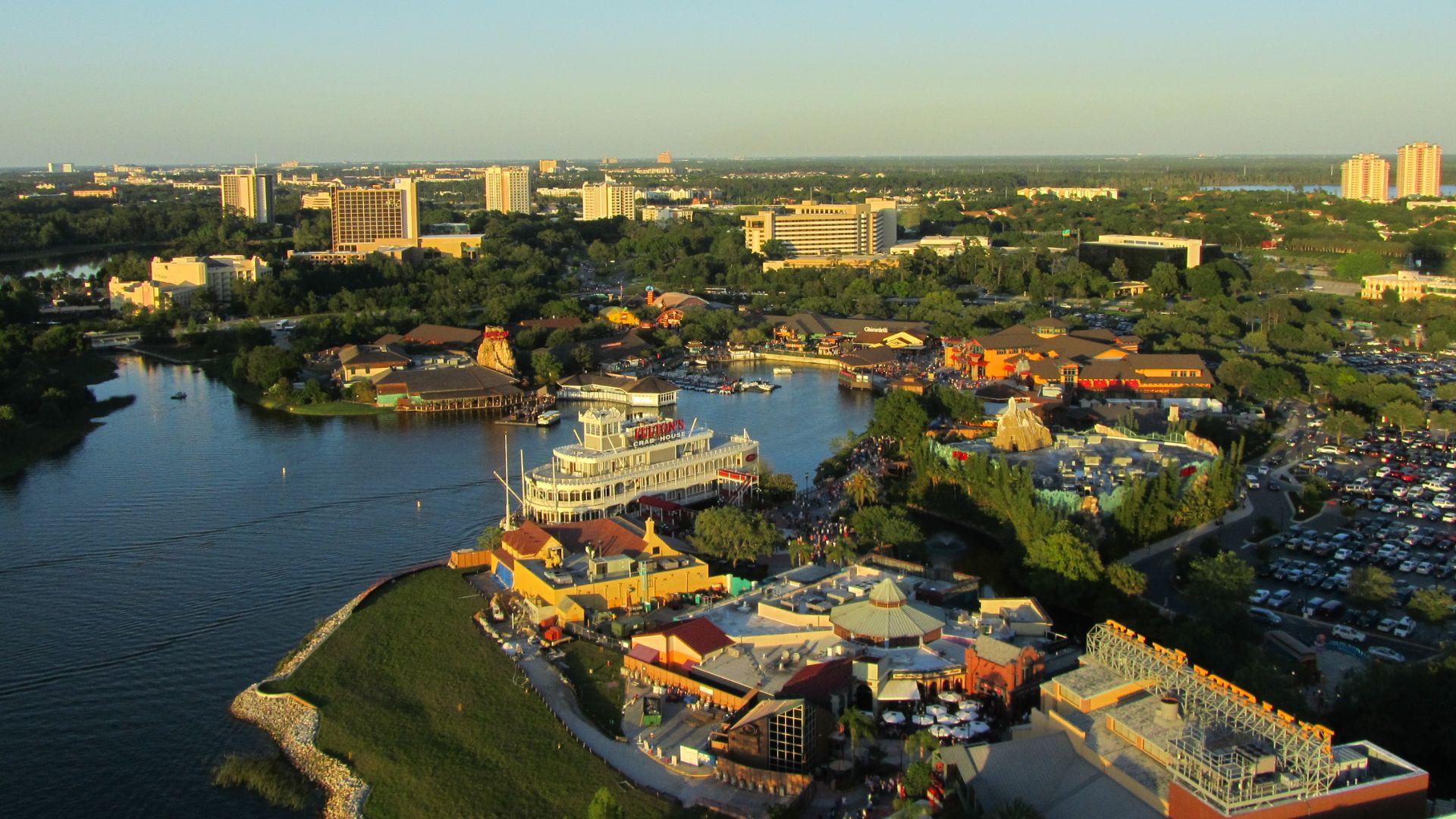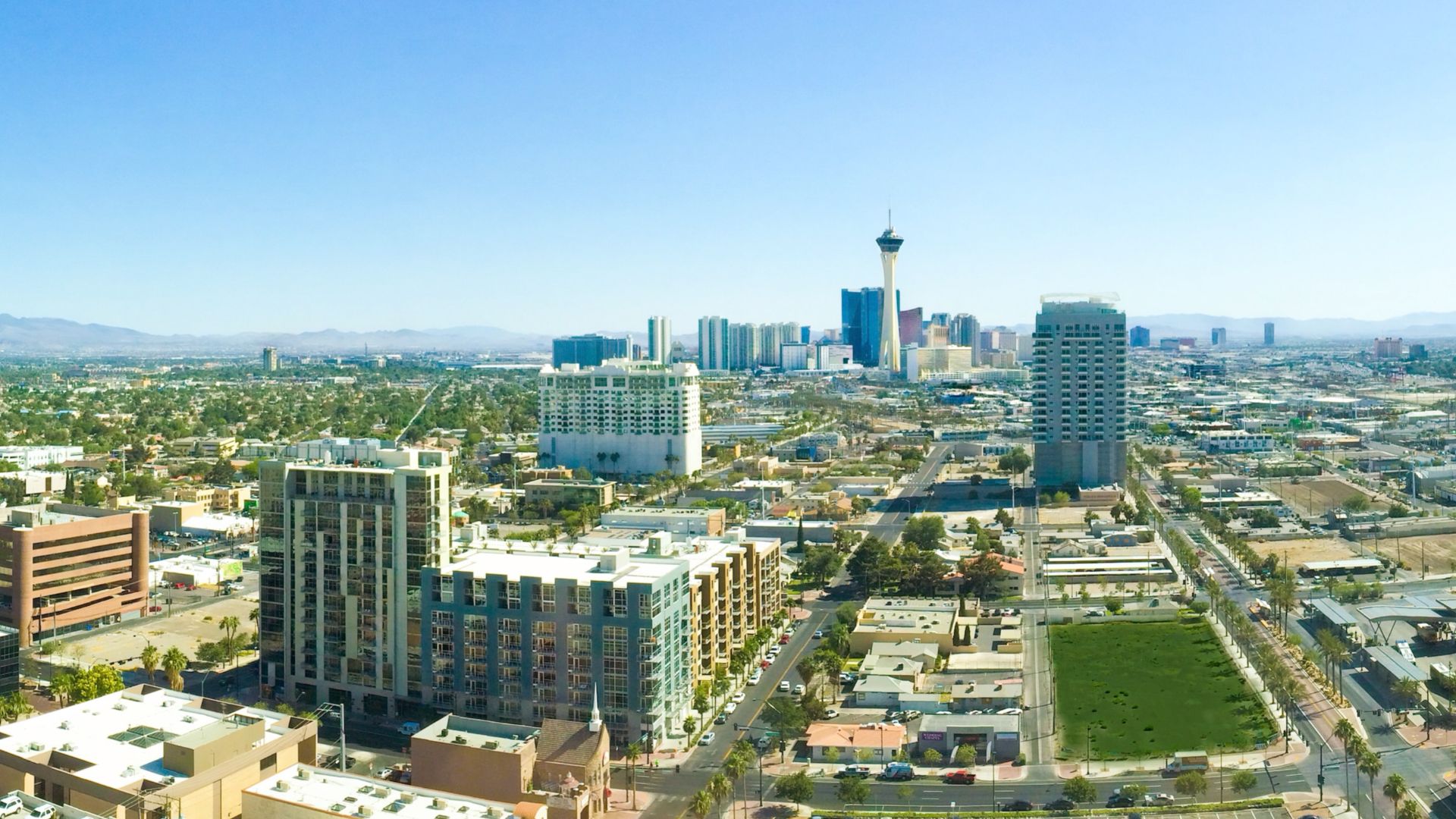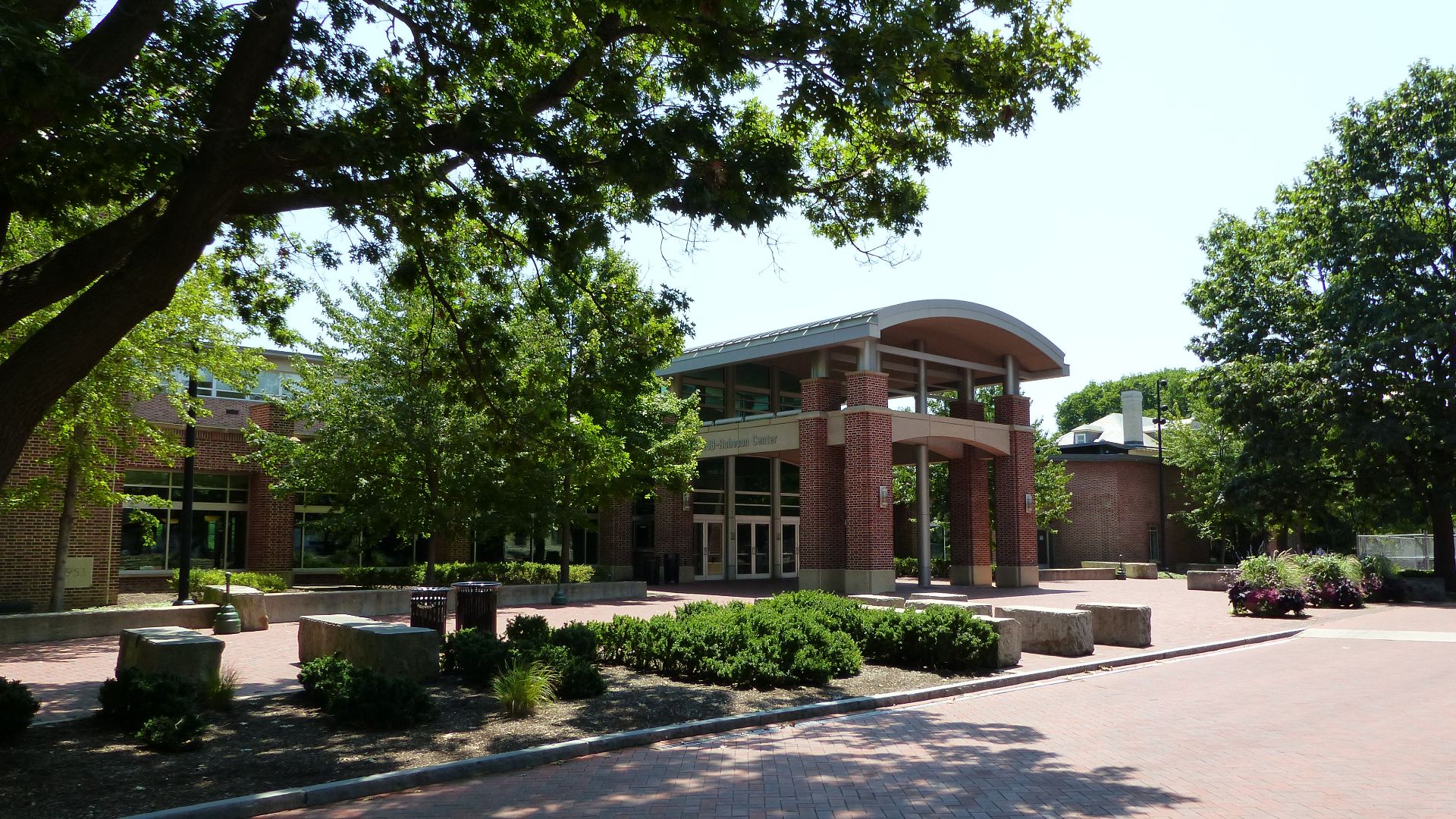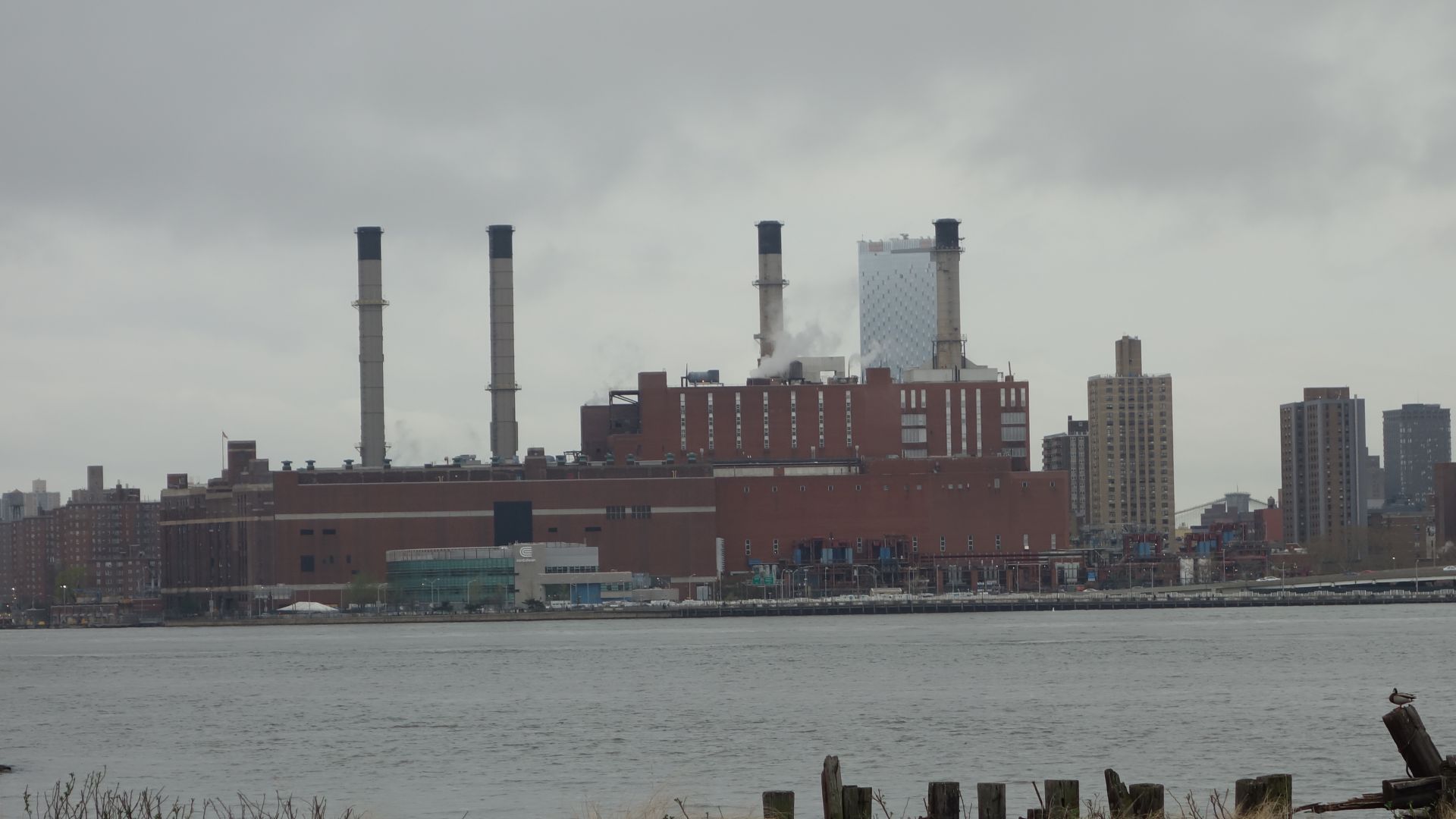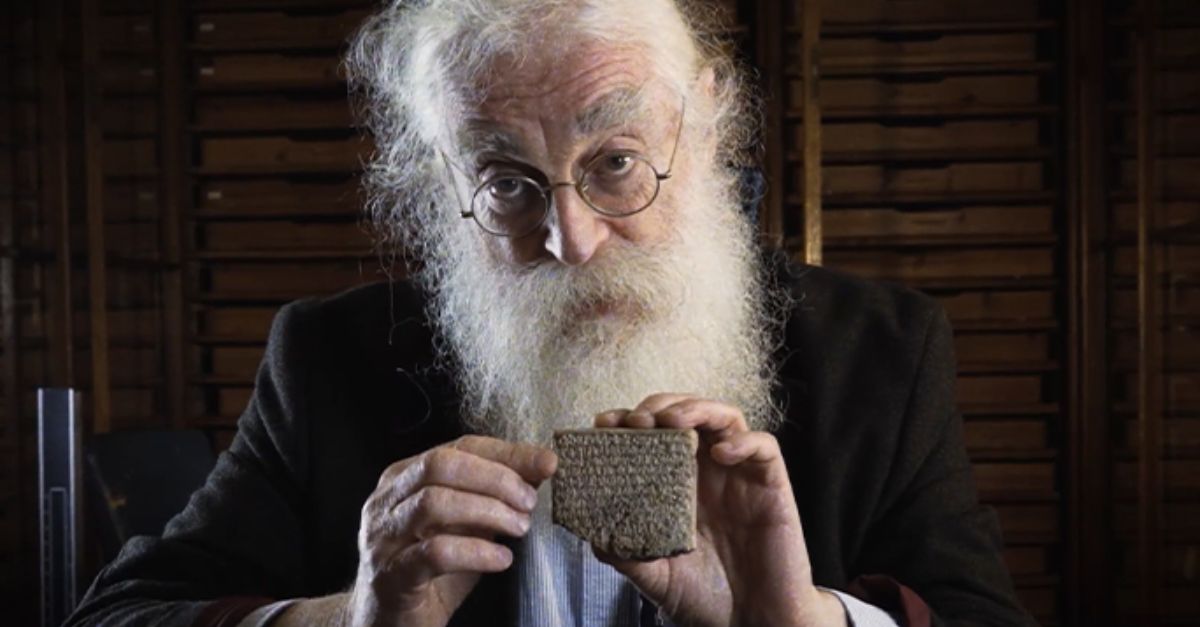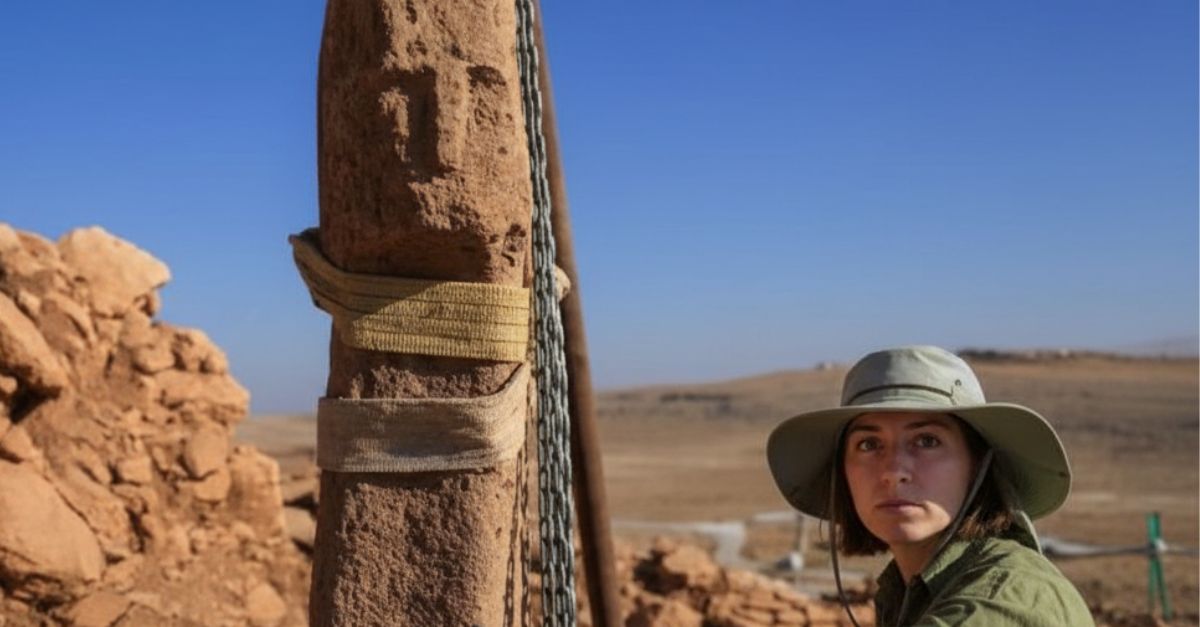Cool Constraints
Today, air conditioning is more about survival than comfort. But our cooling lifeline faces unprecedented threats. Soaring demand, climate change, and outdated power grids are here to give us hell. And it will only get worse.

Cooling Demand Exceeds Supply
It’s sweltering outside; everyone starts their AC at once, and suddenly, the power grid can't keep up. That's what happened in 2023 when a huge heatwave left grid operators scrambling across 13 states. With temperatures soaring, Americans learned that our aging infrastructure has its breaking point.
California's HFC Ban Timeline
California is leading the charge against climate-cooking refrigerants. Since 2023, they’ve shown the door to HFCs, those greenhouse gases in your AC. These chemical troublemakers can trap heat thousands of times better than CO2, so California wants them cut by 40% before 2030.
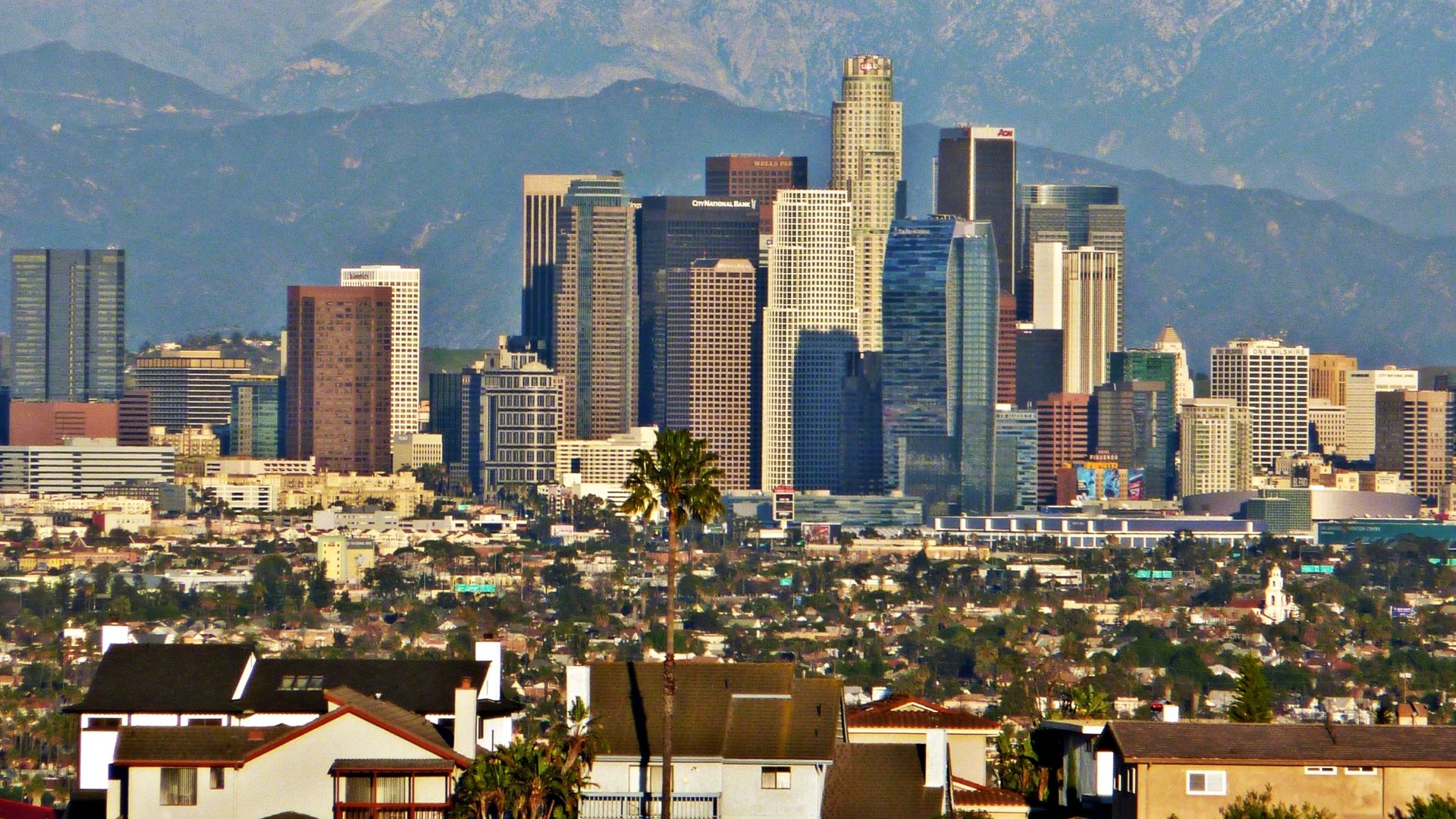 BDS2006 (talk)., Wikimedia Commons
BDS2006 (talk)., Wikimedia Commons
Midwest Meltdown Risk
Missouri and Illinois face the highest vulnerability, with researchers predicting nearly 14 days annually without AC by the 2030s. The reason being grid overload. Also, according to a 2022 study in Earth's Future, these states could experience almost twice the outage days as coastal regions.
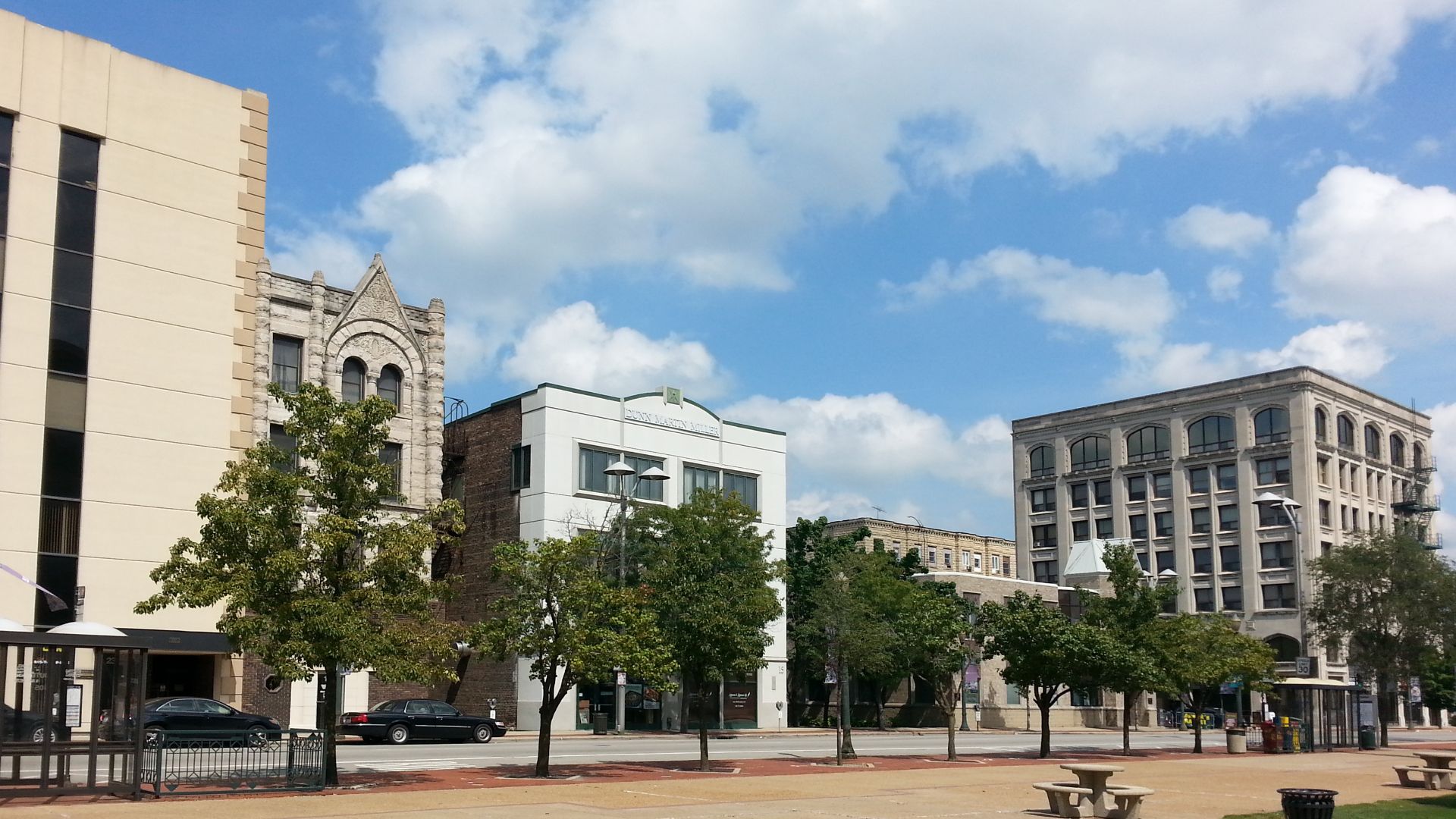 Dennisyerger84, Wikimedia Commons
Dennisyerger84, Wikimedia Commons
Southern Grid Strain
Besides, Texas and Florida regularly push their grids to the limit during summer peaks. In 2024, Heat Wave Advisory warnings from PJM Interconnection revealed that demand surged 20% above normal levels, prompting emergency measures. Without upgrades, blackout risks will intensify yearly.
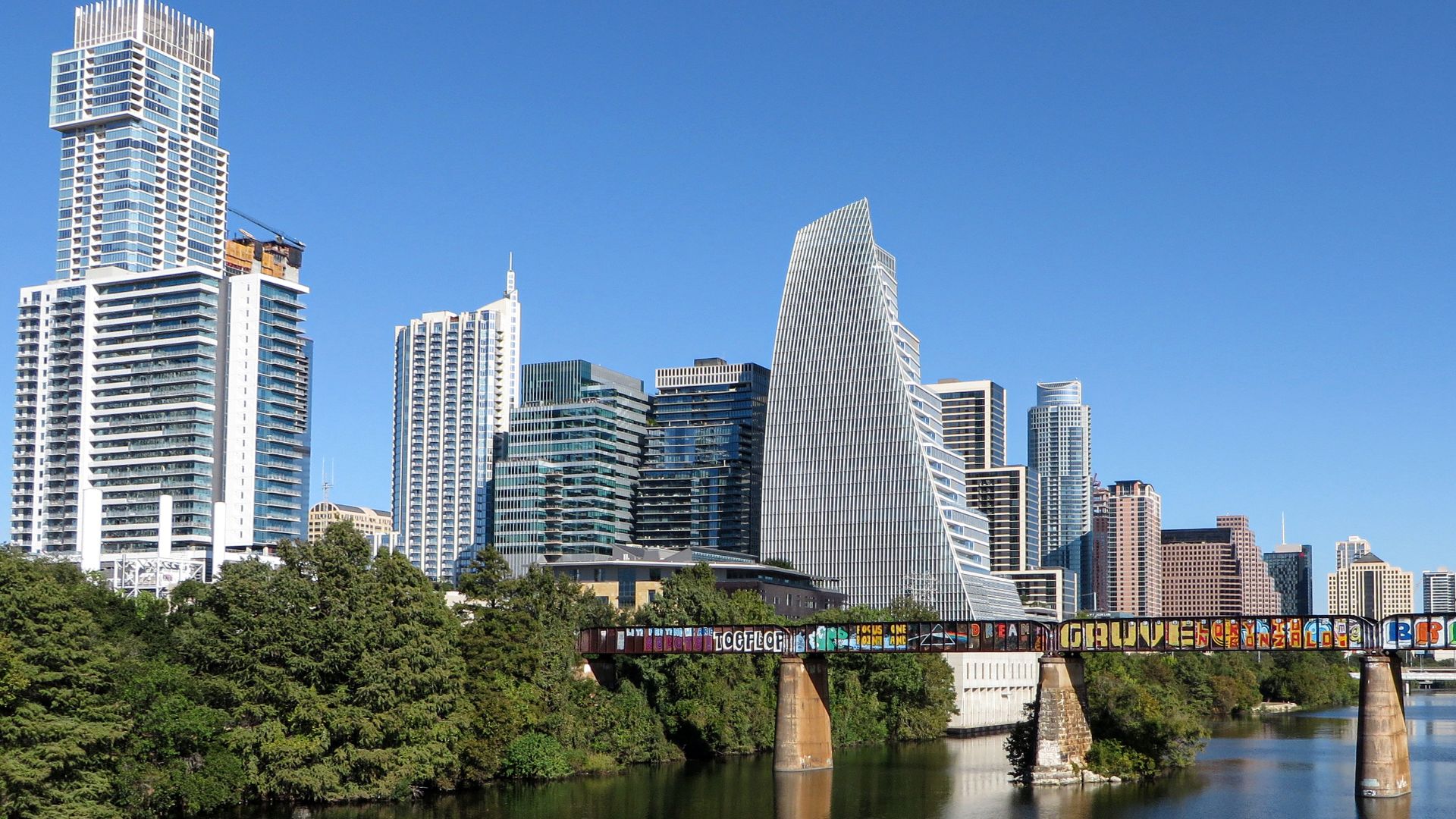 Ryan Friesen, Wikimedia Commons
Ryan Friesen, Wikimedia Commons
Energy Emergency Warning
When those in charge of power in 13 states begin to raise concerns, it's time to take notice. During the past heat waves, PJM Interconnection has sent out Level One emergency alerts. Their message is to reduce cooling during peak hours voluntarily or risk blackouts.
Impact Of Refrigerants
Here comes our AC's secret climate villain. HFCs are up to 9,000 times more potent at trapping heat than CO2. When your unit leaks (and most eventually do), these harmful greenhouse gases escape. Project Drawdown ranks improving refrigerants as the #1 solution for fighting climate change.
Northeast Momentum
Maryland, New York, and Vermont have announced HFC phaseout plans targeting commercial refrigeration first. New York's timeline is aggressive. They had planned to ban HFCs in supermarket systems by 2020, home refrigerators by 2021, and air conditioning by 2024. The former Connecticut Governor Malloy ordered similar regulations.
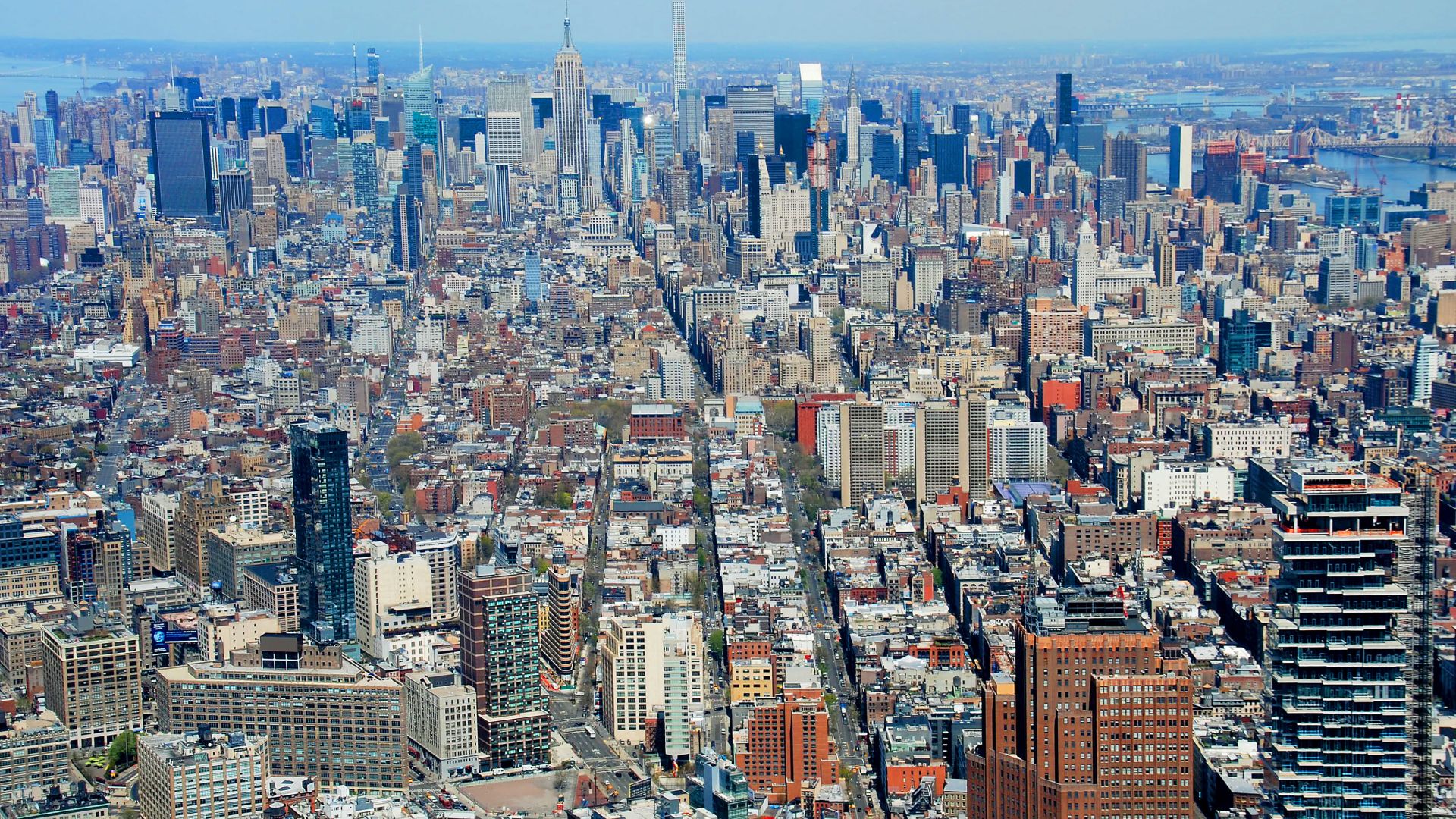 Ron Cogswell from Arlington, Virginia, USA, Wikimedia Commons
Ron Cogswell from Arlington, Virginia, USA, Wikimedia Commons
Washington's Legislative Progress
Stuart Clark from the Washington State Department of Ecology said that Washington State's HFC regulation bill is “95% through the legislative process”. The state wants to build momentum that might pressure federal adoption. Industry groups worry about compliance challenges across different area standards.
Peak Demand Season
Winter used to be king for energy use with all those heaters running. Not anymore. Air conditioning has changed the script in many regions, with summer claiming the crown for peak electricity demand. In Switzerland, cooling energy is said to rival heating energy, a trend spreading across the US.
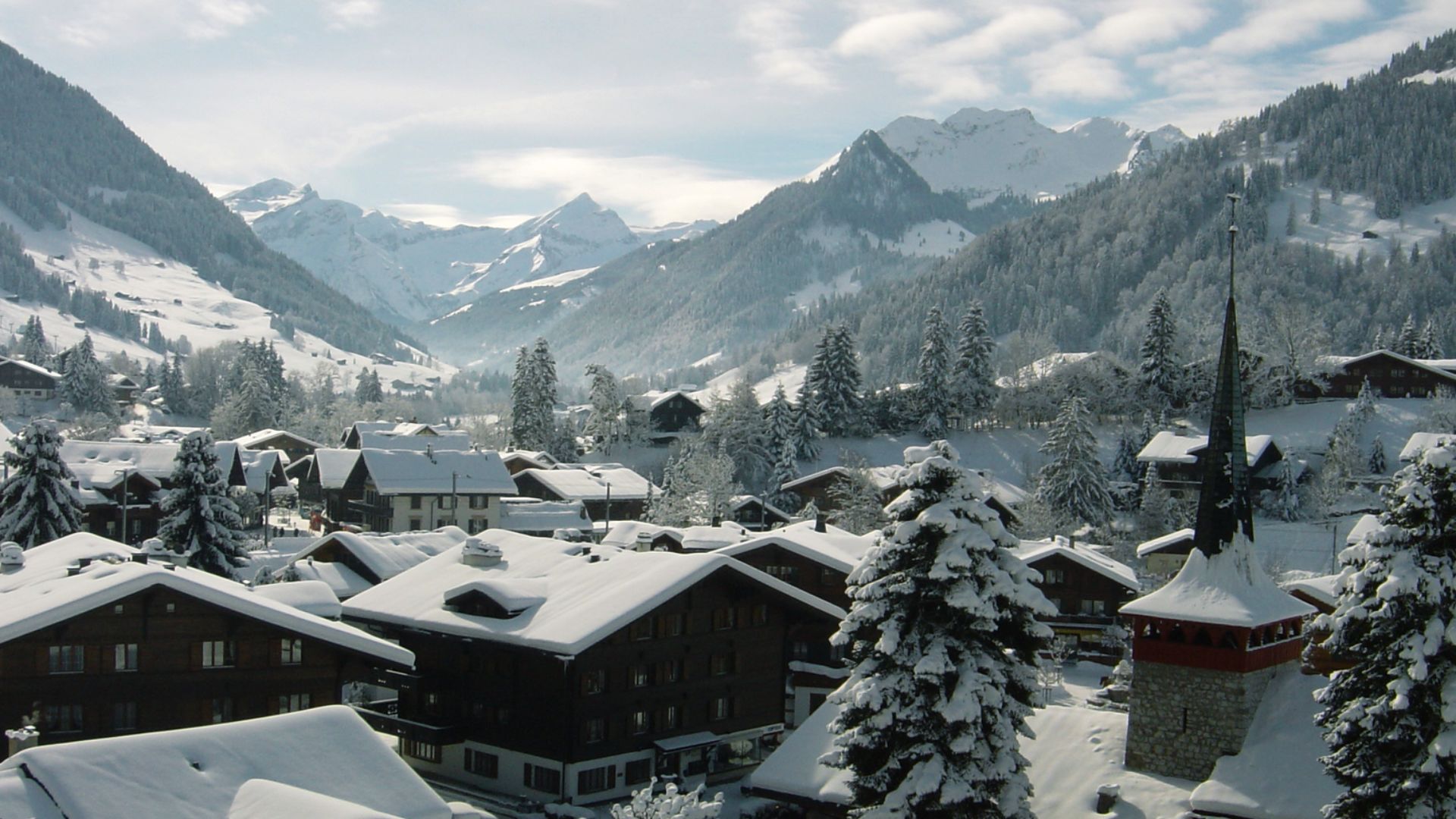 GstaadTourismus, Wikimedia Commons
GstaadTourismus, Wikimedia Commons
Air Conditioning And Urban Heat Islands
The more we use AC, the hotter our cities get. Air conditioners dump heat outdoors while their outdoor units release warm exhaust, raising urban temperatures by several degrees. This forms a self-defeating cycle that urban planners call the “heat island effect”.
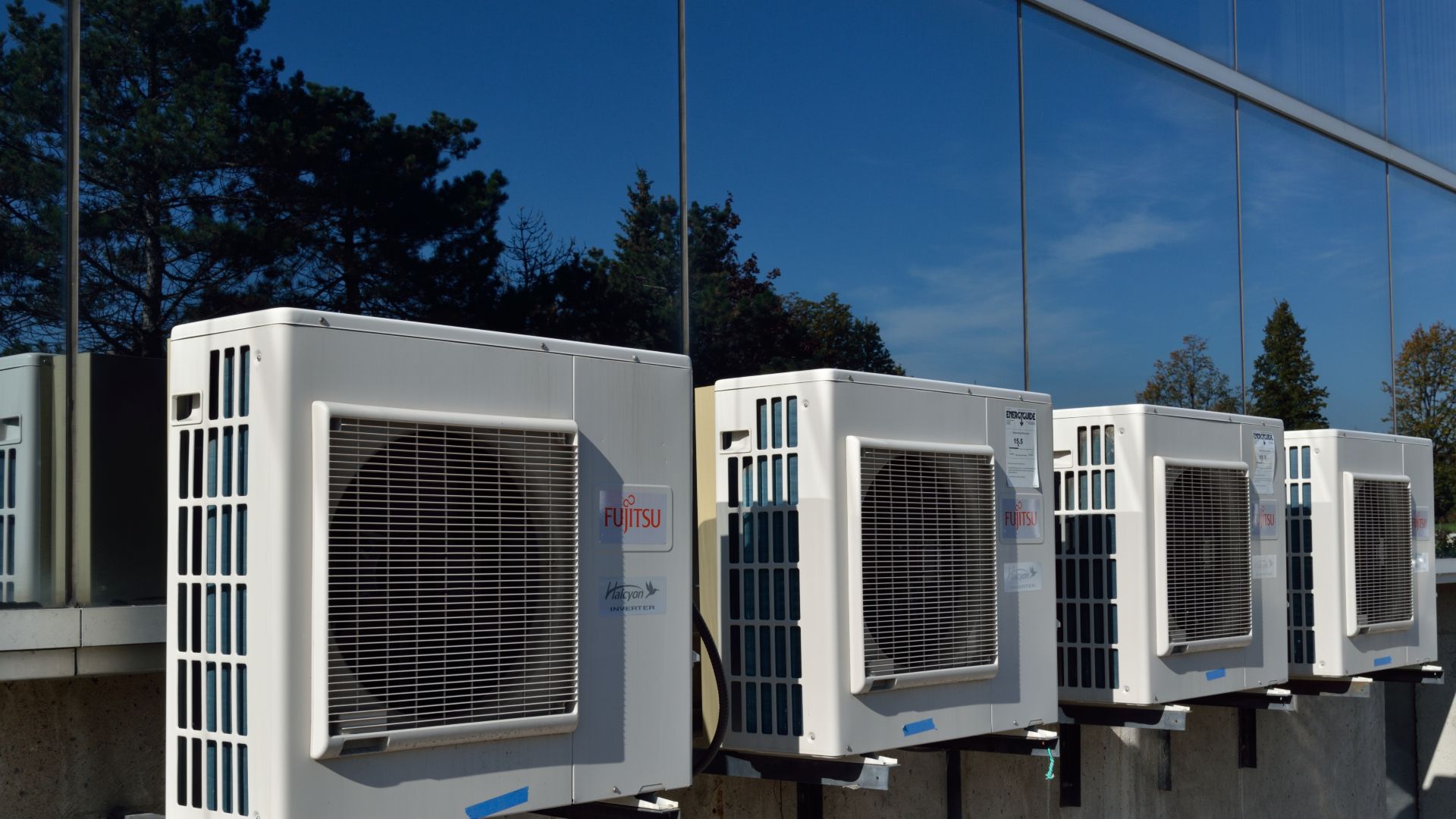 Raysonho @ Open Grid Scheduler / Grid Engine, Wikimedia Commons
Raysonho @ Open Grid Scheduler / Grid Engine, Wikimedia Commons
Push For Greener Cooling Standards
Higher SEER ratings are your ticket to cheaper bills and fewer restrictions. New energy efficiency standards could reduce AC electricity use by 30%, potentially saving states from implementing harder restrictions. After all, smart thermostats and variable-speed compressors will be a necessity as regulations tighten.
AC's Growing Share Of Home Electricity
Air conditioners currently gulp down about 12% of residential electricity, but according to projections from the US Energy Information Administration, that's projected to balloon to 20% by 2040. Climate change and population growth are driving this upward trend in cooling needs.
States Filling The Federal Regulation Gap
When a 2017 federal court stripped the EPA of its authority to regulate HFCs under the Clean Air Act, states refused to wait. California entered first, followed by a bipartisan coalition through the US Climate Alliance. One environmentalist noted, "It's a rare area of cooperation" amid political division.
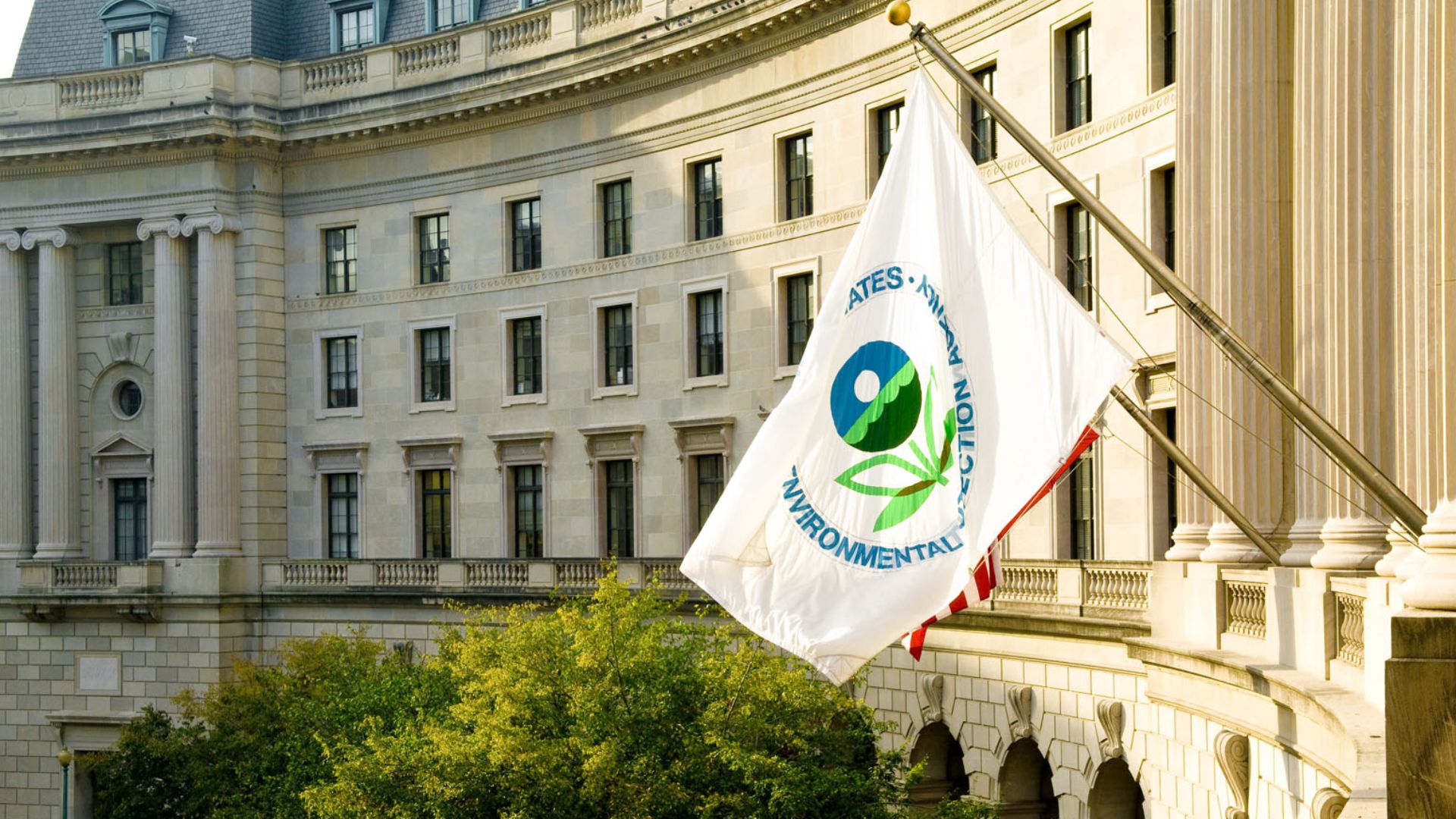 USEPA Environmental-Protection-Agency, Wikimedia Commons
USEPA Environmental-Protection-Agency, Wikimedia Commons
Commercial Cooling Restrictions First
Most HFC regulations first target big supermarket cooling systems, giving everyday folks a breather. It's a strategic move: tackle the most extensive commercial units with common refrigerant leaks, then gradually work down to smaller systems. Your window unit gets a temporary stay of execution.
Heat Vulnerability And Public Health
When air conditioning disappears during a heatwave, it's potentially deadly. A Los Angeles Times investigation revealed that extreme heat likely caused 3,900 California deaths over a decade—six times the official count. The harsh reality? These deaths disproportionately affect low-income neighborhoods and communities of color.
Next-Gen Technology
Modern air conditioners with variable-speed compressors can reduce electricity consumption by 30%. According to the Energy Information Administration, these advanced systems adjust output based on cooling needs rather than cycling on and off. Even in states like California, efficiency improvements could offset increased demand.
Smart Climate Control
A 2024 analysis from AC Direct found that using programmable thermostats alongside zoning systems can cut down cooling electricity use by about 20–25%. This could really help homeowners steer clear of restrictions when electricity demand is high.
Heat-Electricity Double Whammy
Southern states like Texas, Florida, and Arizona face the perfect storm of extreme temperatures and AC dependency. These territories are top candidates for limits when systems fail because they consume the most electricity connected to cooling in the country, according to the Energy Information Administration.
Infrastructure Vulnerability
The Texas power crisis of 2021 proved how southern grids can fail under extreme weather. According to the Arabian Post, temperatures in the South reached triple digits in the summer of 2024, with O'Hare in Chicago reaching 101°F. When demand spikes occur, these places have the least amount of leeway.
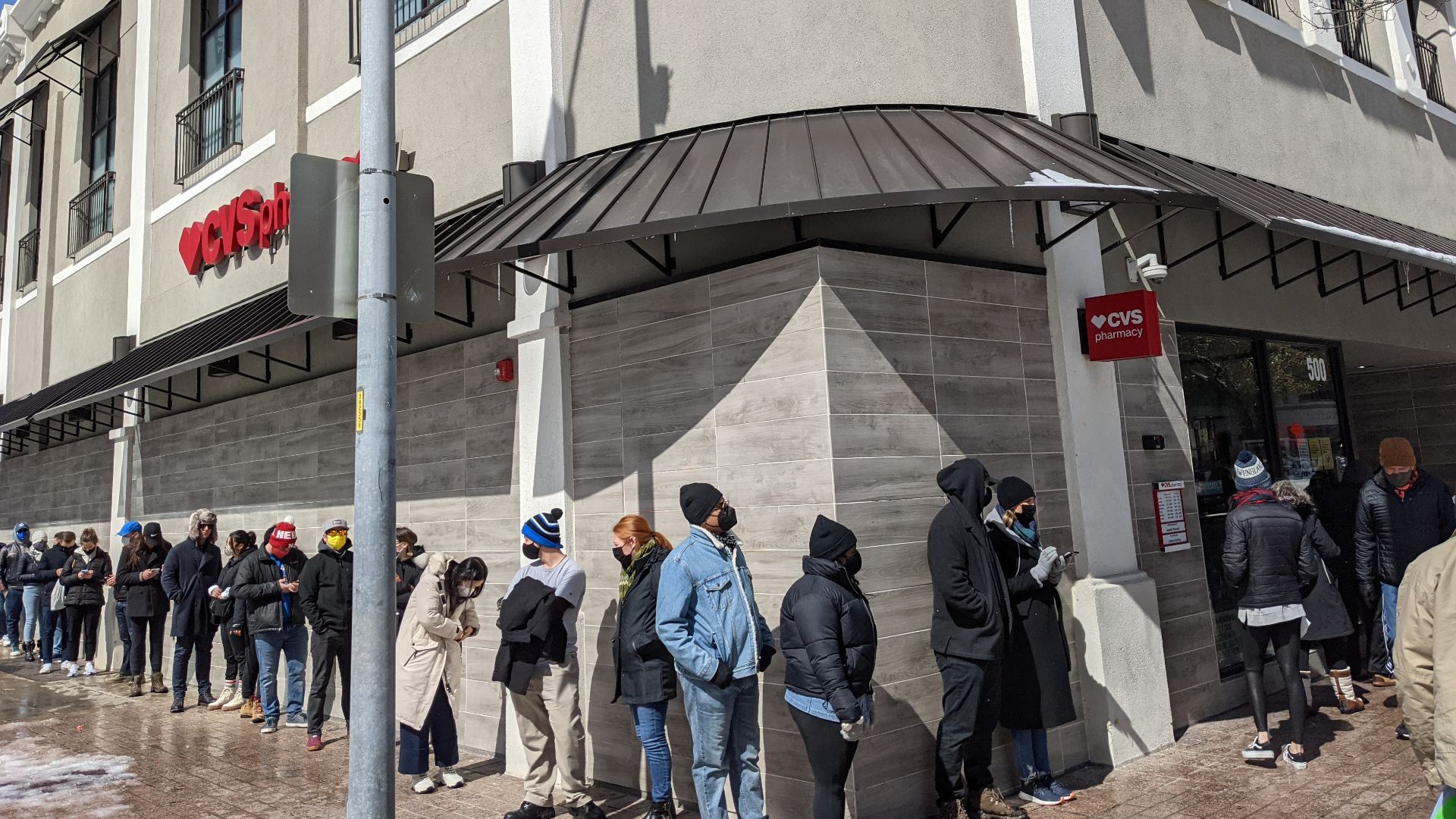 Jno.skinner, Wikimedia Commons
Jno.skinner, Wikimedia Commons
Heat Adaptation Strategy
Nevada, just like other states, has to adhere to federal rules for how efficient air conditioners should be. For instance, new air conditioners in the Southwest region must meet required SEER2 ratings. Small company incentives are also given by utility companies such as NV Energy.
Massachusetts' Climate-Forward Approach
Municipalities in this region are asked to implement the "Stretch Energy Code," which advocates for firm efficiency standards. The code usually includes the use of heat pumps as a cooling method. Additionally, the state aims to reduce emissions by 50% by 2040.
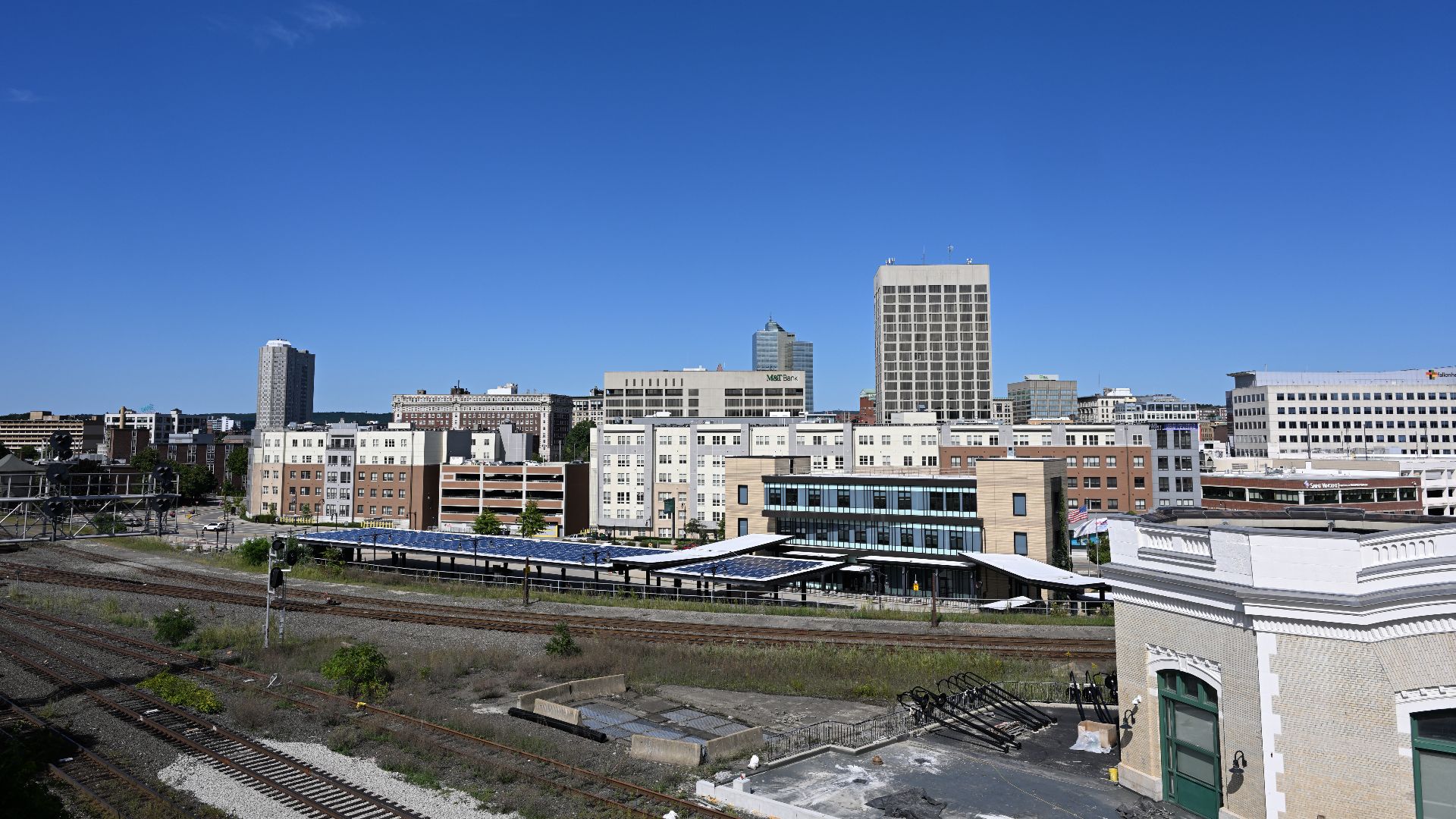 4300streetcar, Wikimedia Commons
4300streetcar, Wikimedia Commons
Increasing Frequency
Penn State University researchers say heat-related power disruptions are becoming more frequent each year. By 2030, when global temperatures are predicted to increase by 1.5°C over pre-industrial levels, regular blackouts brought on by cooling will become a rule everywhere.
Kigali Amendment's Influence
While the US hesitates to ratify the Kigali Amendment, over 60 countries have committed to cutting HFC production by 80% over 30 years. Regardless of congressional action, US firms are under market pressure due to this movement. Even resistant places may find themselves following international rules.
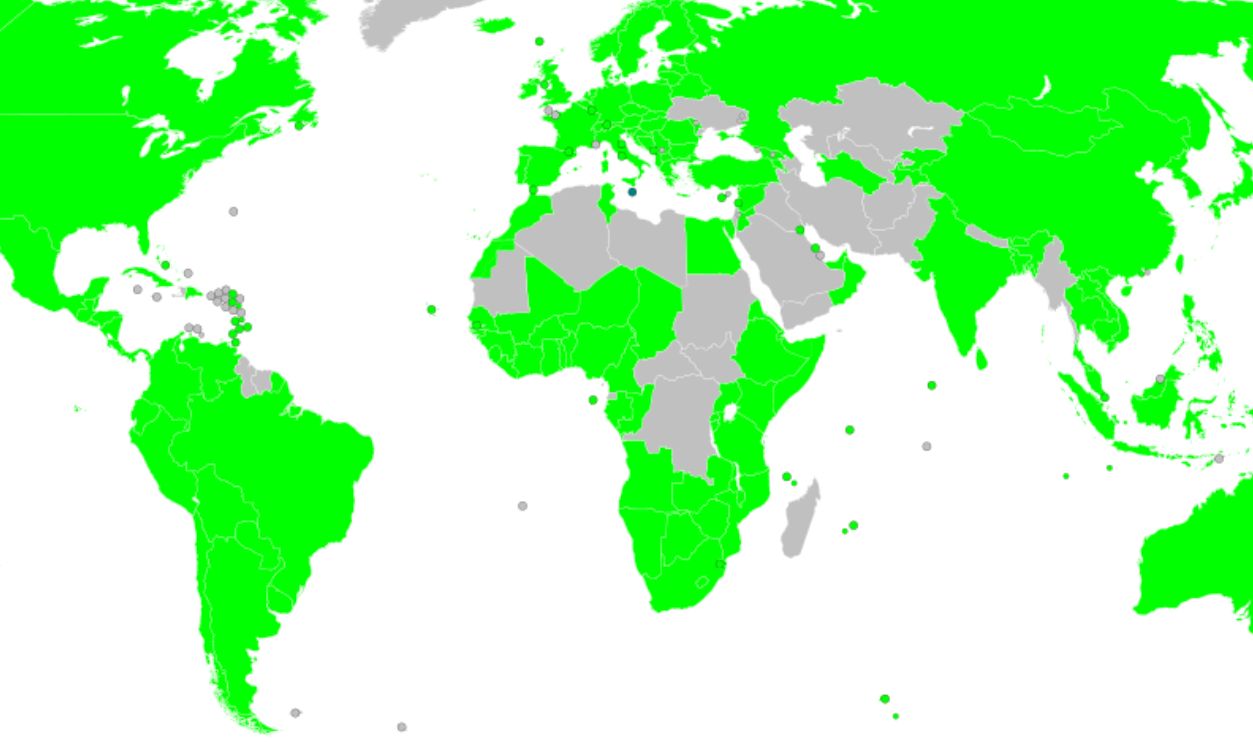 Delusion23, CC BY-SA 4.0, Wikimedia Commons
Delusion23, CC BY-SA 4.0, Wikimedia Commons
Demand Response Programs
Smart thermostats that can adapt on their own during grid emergencies are now eligible for rebates from many utilities. In order to "reduce energy usage at home to help avert shutoffs" during heatwaves when temperatures reach 110°F, Con Edison in New York advertises these initiatives.

